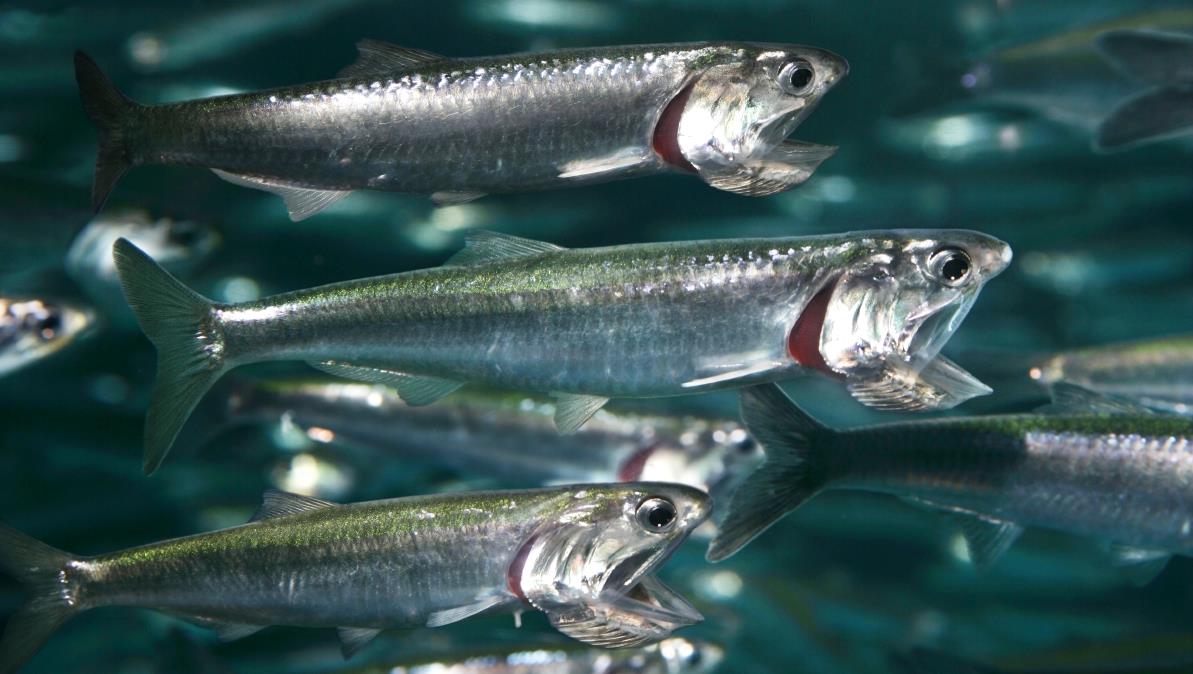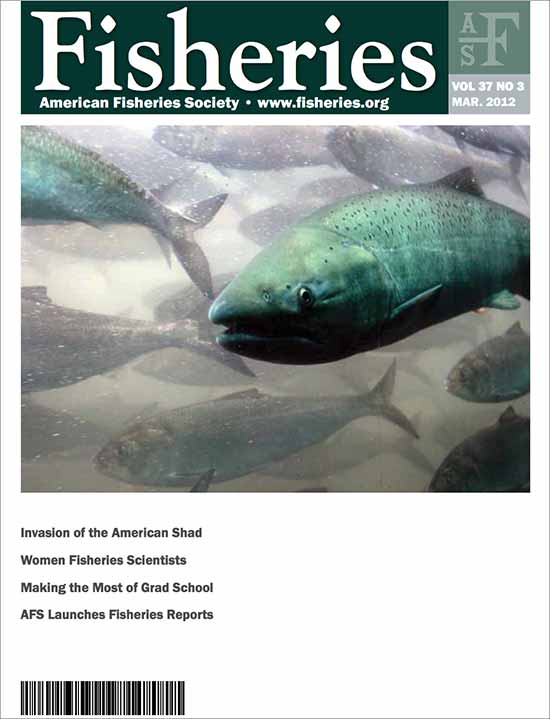Telecoupling framework calms choppy waters of fisheries management
Add Summary
 Fisheries – the local-to-global powerhouses of food and economics – are the latest enterprises to benefit from the telecoupling framework.
Fisheries – the local-to-global powerhouses of food and economics – are the latest enterprises to benefit from the telecoupling framework.
Michigan State University PhD student Andrew Carlson, who is advised by Bill Taylor, University Distinguished Professor in Global Fisheries Systems in the Center for Systems Integration and Sustainability, makes the case that fish are part of a growing network that promotes global food and nutrition security, as well as commercial, recreational and subsistence industries throughout the world. The growing complexities of fisheries demand a way to fully understand the many aspects, influences and competing interests that crisscross their waters.
The paper, “The telecoupling framework: an integrative tool for enhanced fisheries management,” is in this month’s edition of Fisheries, the monthly magazine of the American Fisheries Society.
The paper examines the dynamics of the commercial fishery for Peruvian Anchoveta, the largest single-species fishery in the world. The anchoveta fishery supports approximately 50 percent of fishmeal production and 33 percent of fish oil production worldwide, making Peru the largest exporter of products important for the global aquaculture and animal agriculture industries.
Carlson and his colleagues examine the rise – and ultimate collapse in 1972 – of the anchoveta fishery, a tale of overcapitalization, social instability and unfavorable weather patterns. They compare it to today’s revitalized anchoveta fishery using the telecoupling framework – which identifies systems, flows, agents, causes and effects among local and distant locations to better understand socioeconomic and environmental complexity in fisheries.
The paper also applies the telecoupling framework to understanding how the success of salmon stocking in the Great Lakes was an effect of information flow among fisheries stakeholders, which promoted public support and enthusiasm for enhanced salmon management.
“As coupled human and natural systems with global significance for food security, livelihoods and human well-being, fisheries have numerous telecouplings. Hopefully, our paper will spawn a new research avenue that clarifies global fisheries connections and enhances fisheries sustainability at local, regional, national and international levels.”
In addition to Carlson and Taylor, the paper was written by Ivan Orlic and Jianguo “Jack” Liu, Rachel Carson Chair in Sustainability and MSU-CSIS director.



 Print
Print Email
Email

